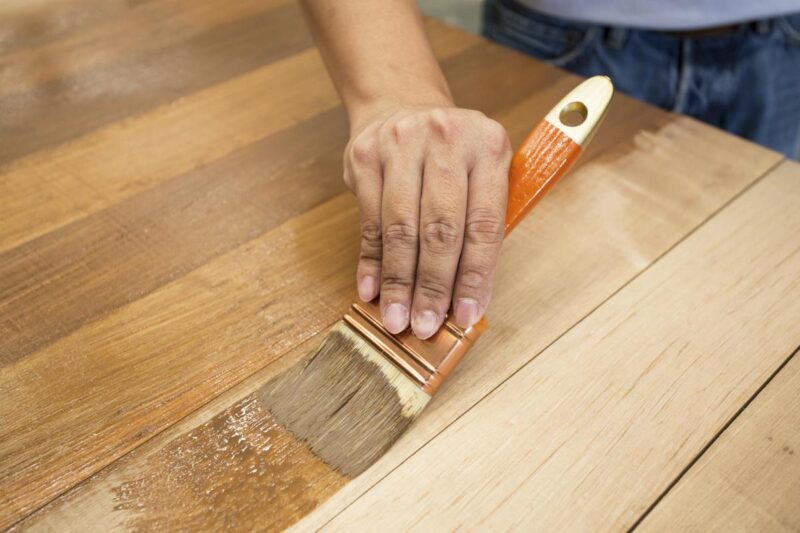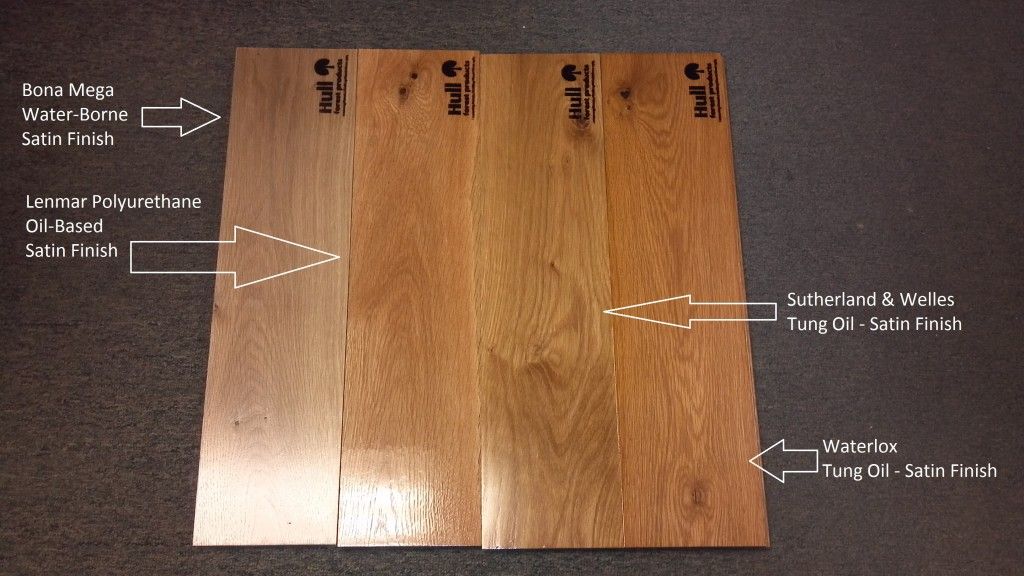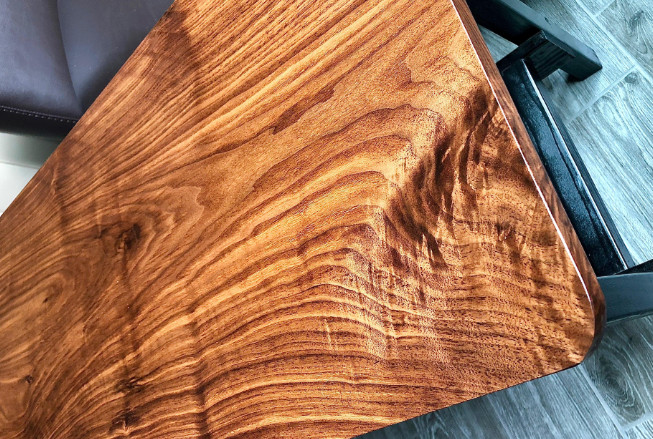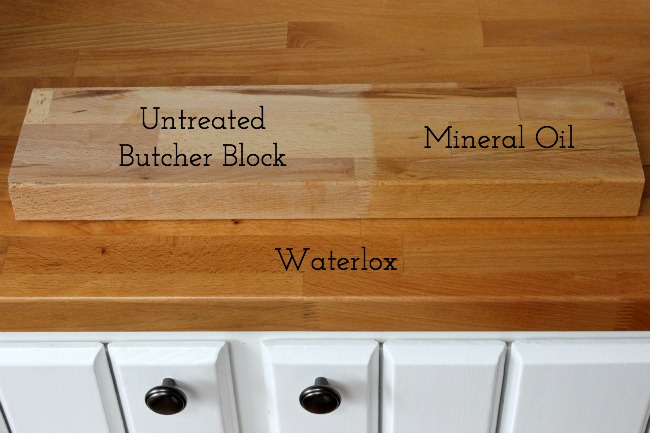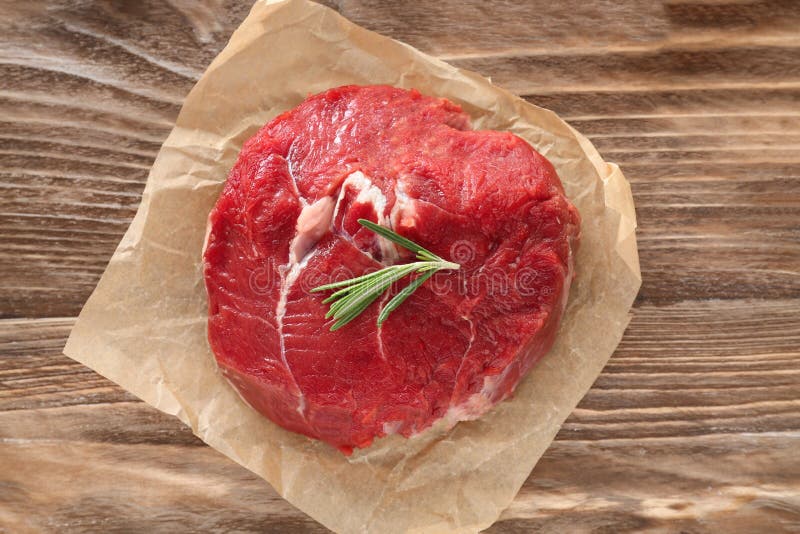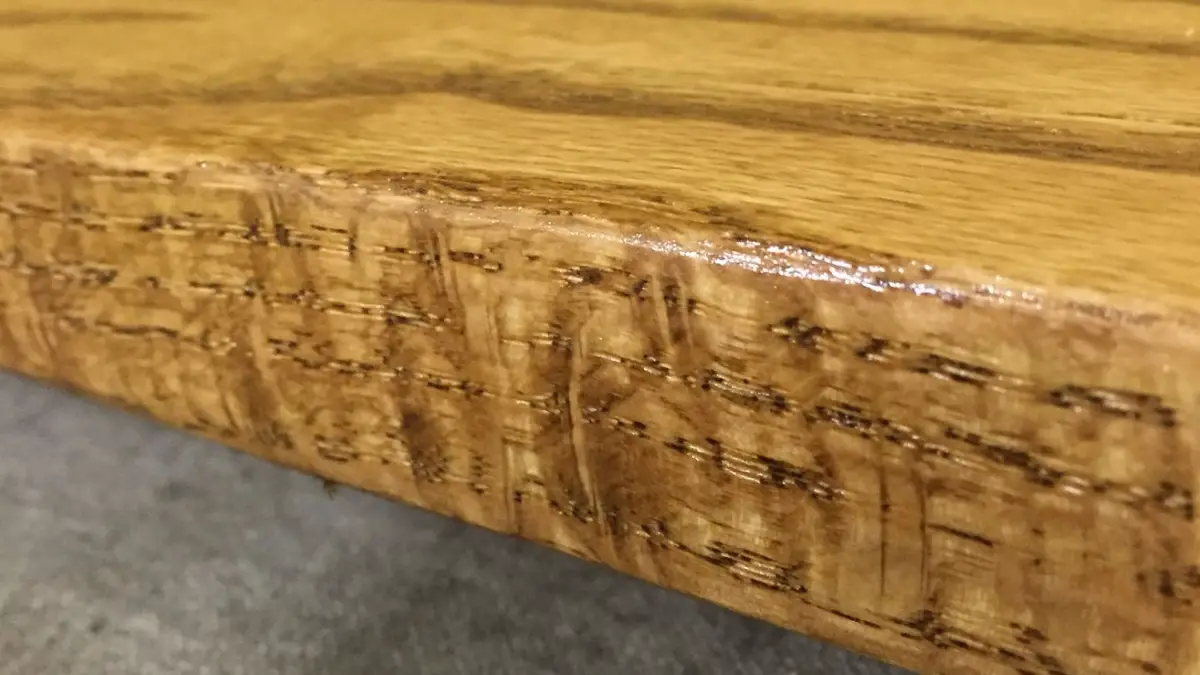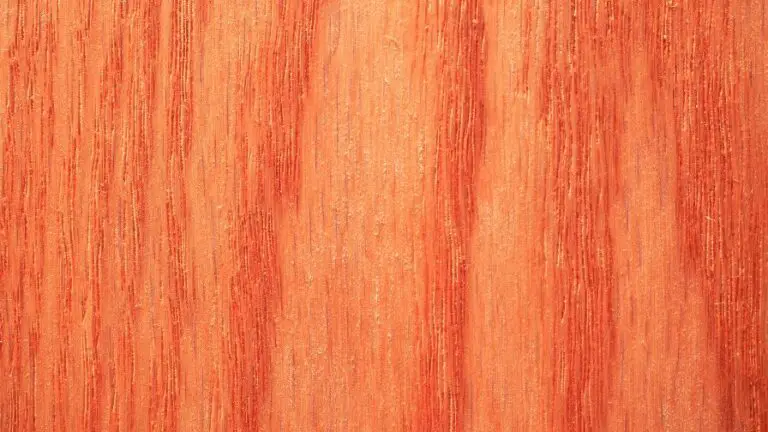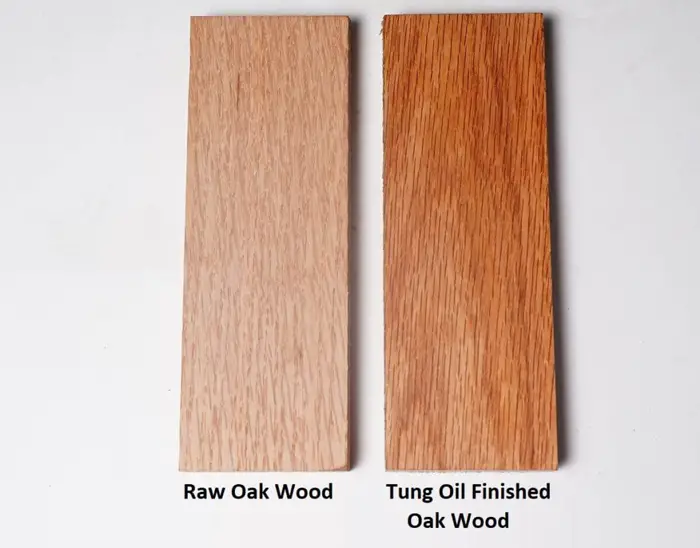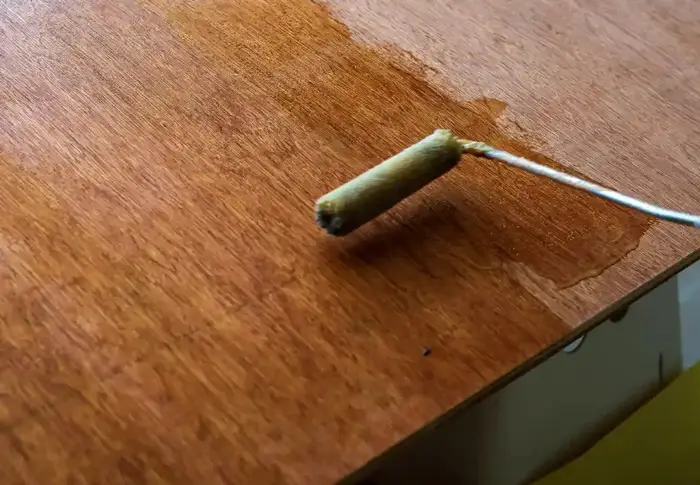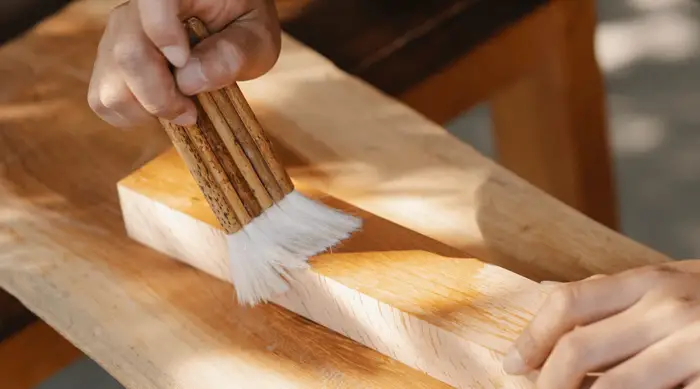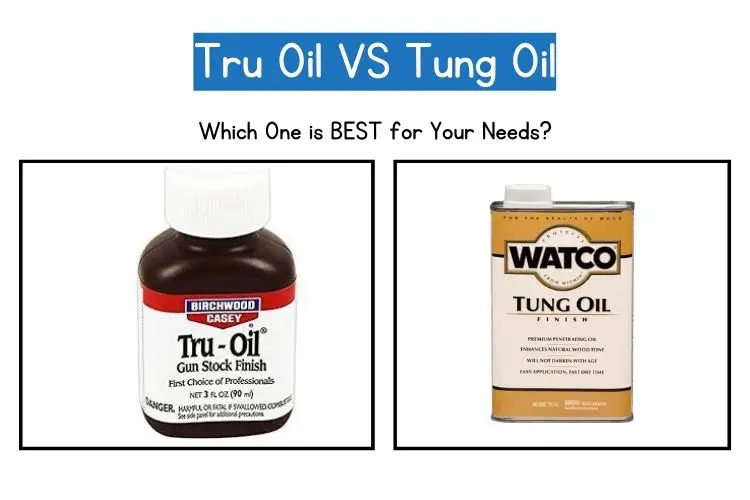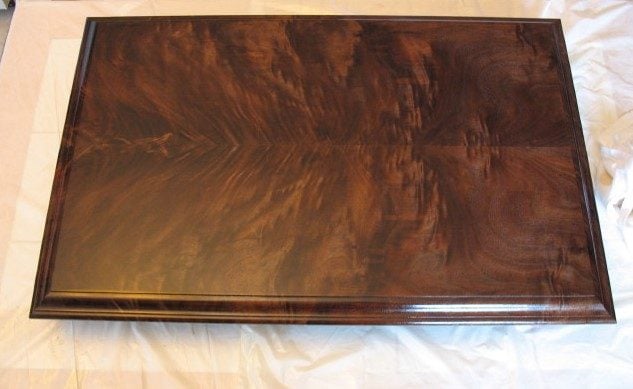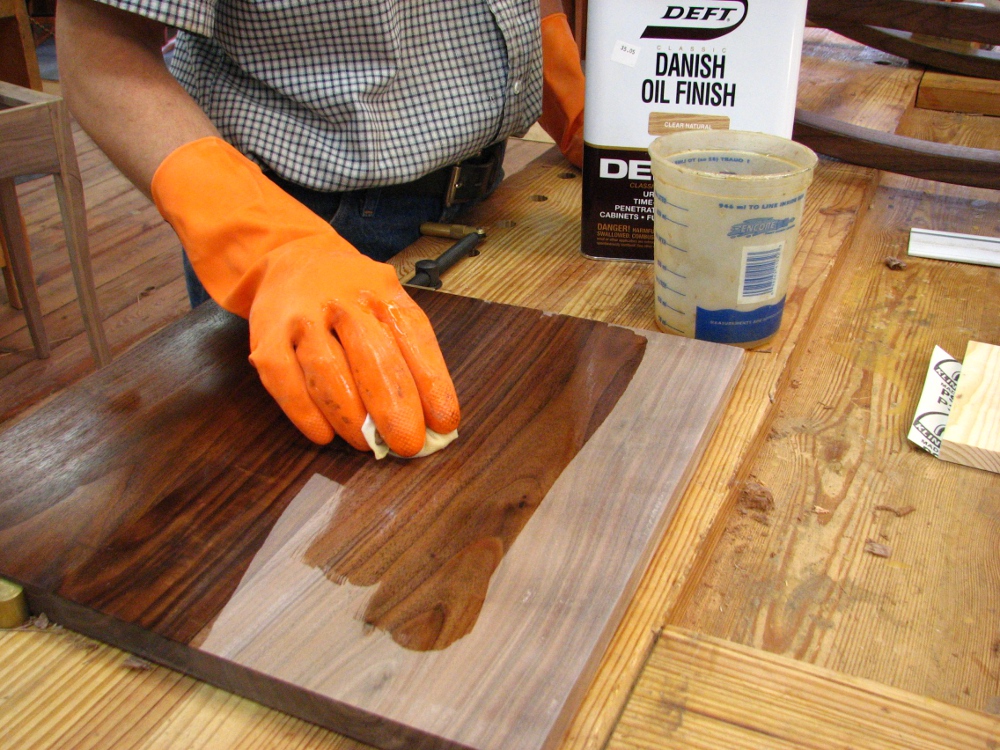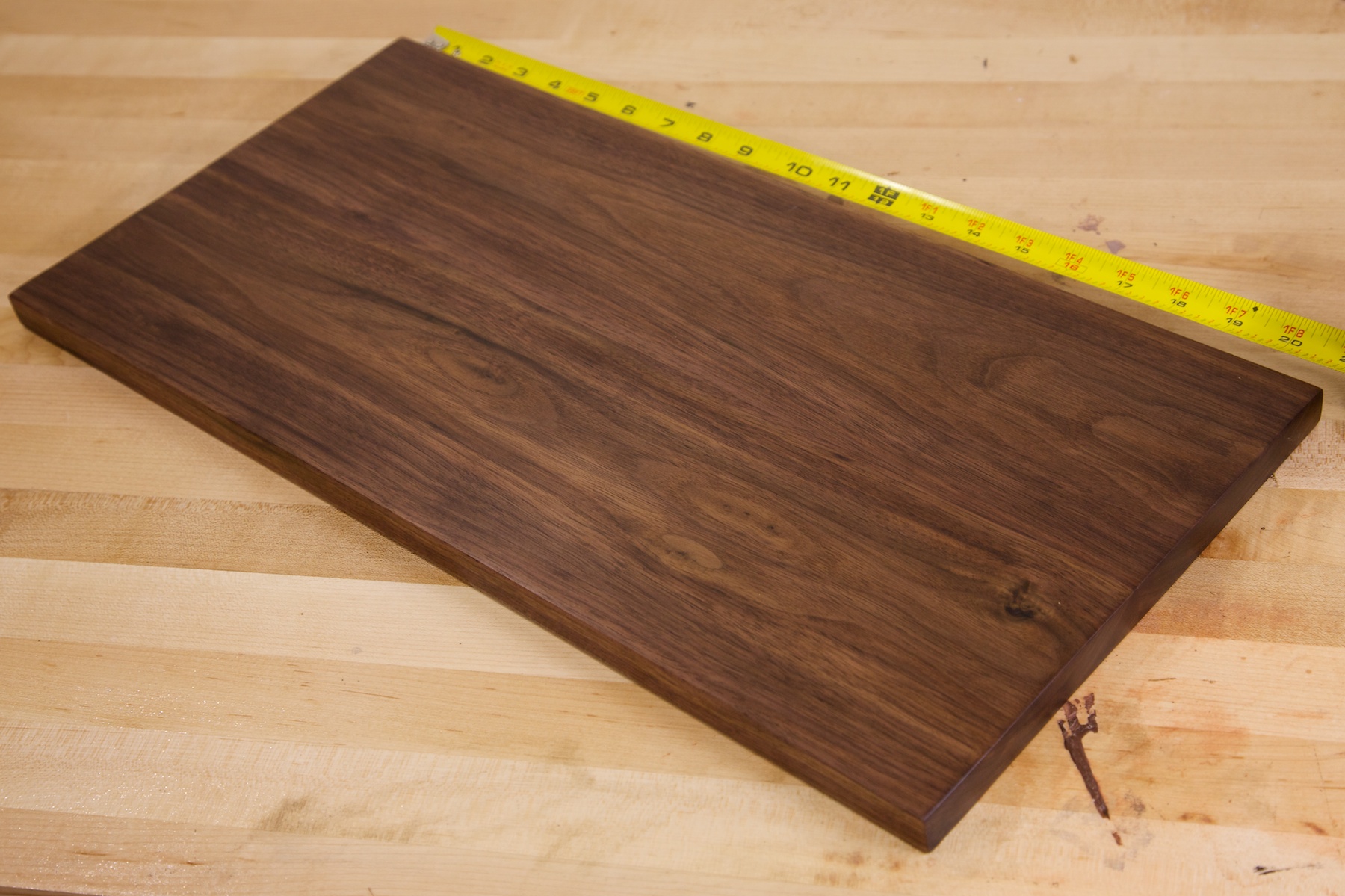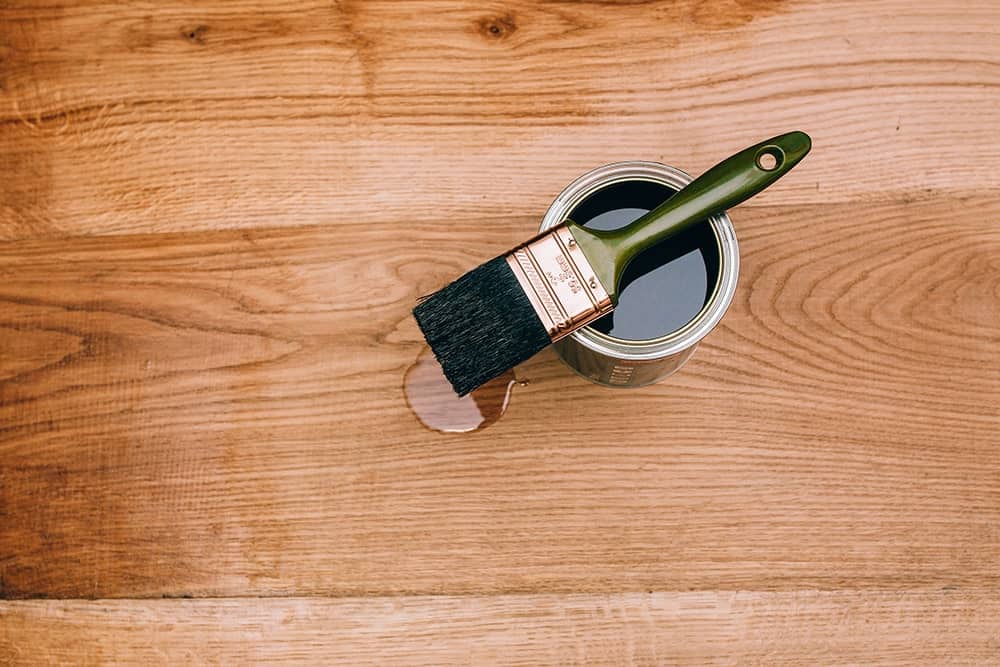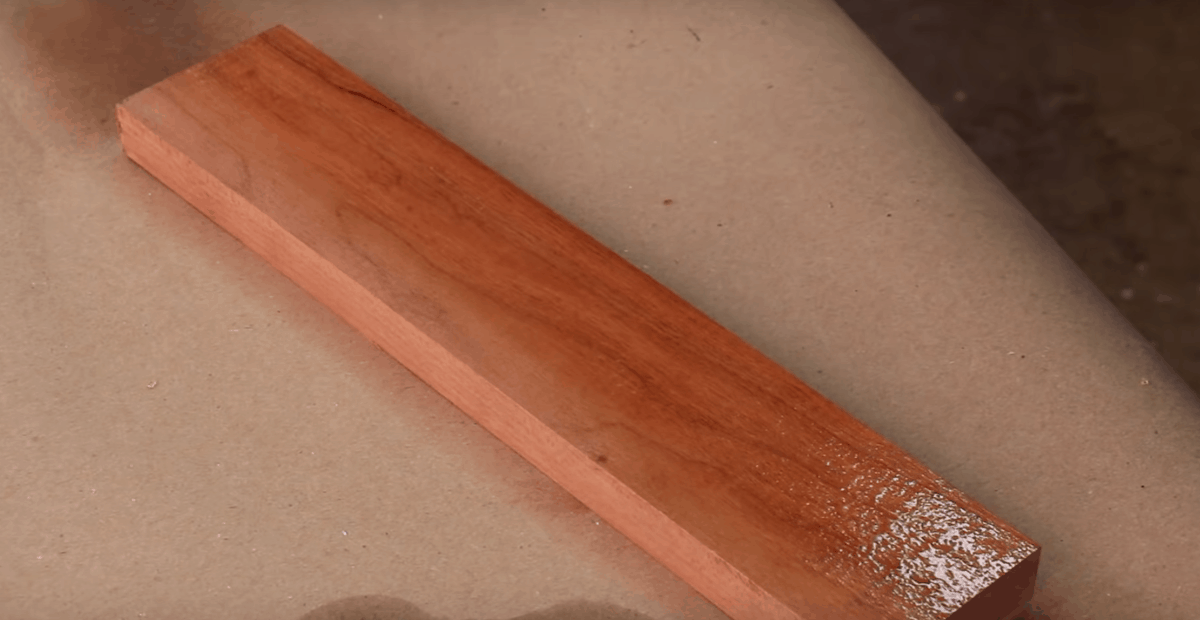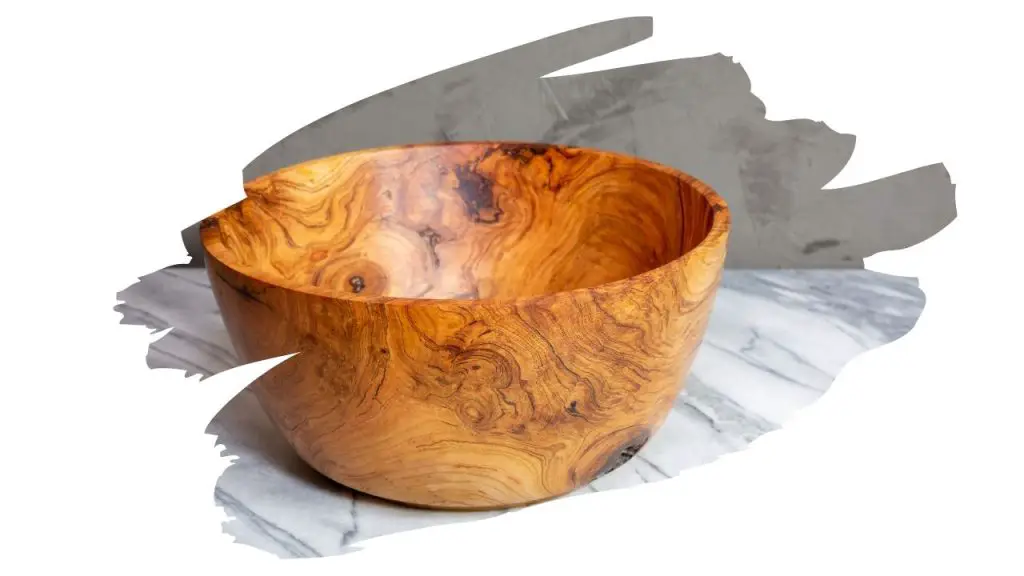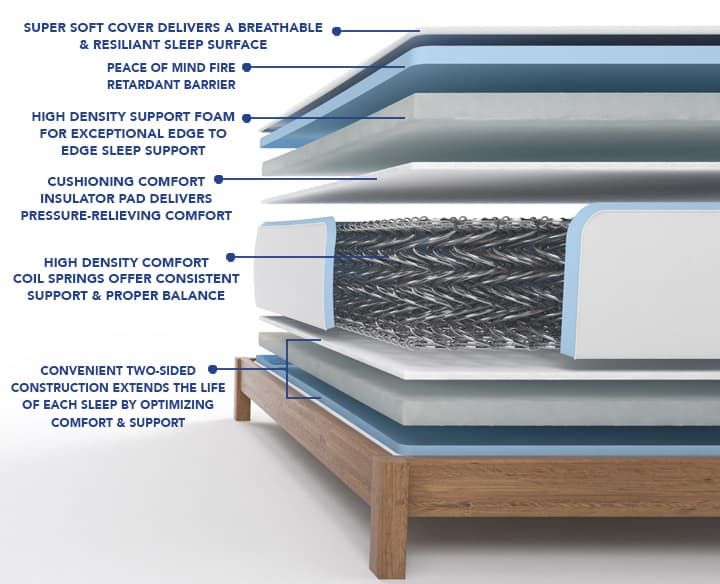Tung oil has been used for centuries as a natural wood finish and is becoming increasingly popular for kitchen table tops. Here are the top 10 benefits of using tung oil for your kitchen table top. 1. Durable and Long-Lasting 2. Water and Heat Resistant 3. Enhances the Natural Beauty of Wood 4. Easy to Apply 5. Fast Drying Time 6. Non-Toxic and Environmentally Friendly 7. Versatile and Customizable 8. Low Maintenance 9. Affordable 10. Timeless and Classic LookBenefits of Using Tung Oil for Kitchen Table Tops
Tung oil is known for its durability and can withstand daily wear and tear. It forms a hard, protective layer on the surface of the wood that can last for years, making it a perfect choice for high-traffic areas like kitchen table tops.
One of the main advantages of tung oil is its resistance to water and heat. This makes it ideal for use in the kitchen where spills and hot pots are inevitable. Tung oil also has a high resistance to scratches, making it a great choice for a busy kitchen.
Unlike other finishes that can change the color of the wood, tung oil brings out the natural beauty and grain of the wood. It gives a warm, natural glow to the wood and can make even the simplest kitchen table look stunning.
Applying tung oil to a kitchen table top is a straightforward process that can be done by anyone. It can be applied with a brush, rag, or even a foam roller. The oil penetrates deep into the wood, giving it a beautiful finish without any streaks or brush marks.
Compared to other finishes, tung oil has a relatively fast drying time. It usually dries within 24 hours, making it a great option for those who want to finish their kitchen table top quickly.
Tung oil is a natural and non-toxic product, making it safe for use in the kitchen. It does not emit any harmful fumes, making it an environmentally friendly option for those who are conscious of the products they use in their homes.
Tung oil can be used on a variety of woods and can be mixed with other finishes to create a custom look. It can also be applied in multiple coats to achieve a higher gloss finish or a more natural matte finish, giving you the flexibility to customize the look of your kitchen table top.
Kitchen table tops finished with tung oil require minimal maintenance. Regular cleaning with a damp cloth and occasional reapplication of the oil will keep your table looking beautiful for years to come.
Compared to other finishes, tung oil is relatively affordable. A little goes a long way, and a small bottle can be used for multiple projects, making it a cost-effective option for finishing your kitchen table top.
Tung oil has been used for centuries, and its timeless look adds a touch of elegance to any kitchen. It never goes out of style and can add value to your home if you decide to sell in the future.
Now that you know the benefits of using tung oil for your kitchen table top, here is a step-by-step guide on how to apply it. Step 1: Prepare the Surface Step 2: Apply the First Coat Step 3: Sand and Repeat Step 4: Let it DryHow to Apply Tung Oil to a Kitchen Table Top
Before applying tung oil, make sure the surface of your kitchen table is clean and free of any dust or debris. Sand the table lightly to smooth out any imperfections and wipe it down with a damp cloth to remove any dust.
Using a brush, rag, or foam roller, apply a thin layer of tung oil to the entire surface of the table. Make sure to follow the grain of the wood for a smooth finish. Let the oil soak into the wood for about 20 minutes, then wipe off any excess oil with a clean cloth.
After the first coat has dried, lightly sand the surface with a fine-grit sandpaper. Wipe off any dust and apply a second coat of tung oil. Repeat this process until you achieve the desired level of shine and protection.
After the final coat, let the table dry for at least 24 hours before using it. This will ensure that the oil has fully penetrated the wood and is fully cured.
When it comes to choosing the right tung oil for your kitchen table top, here are some of the best brands to consider. 1. Real Milk Paint Tung Oil 2. Tried and True Original Wood Finish 3. Waterlox Original Sealer and Finish 4. General Finishes Arm-R-Seal Urethane Topcoat 5. Minwax Tung Oil FinishBest Tung Oil Brands for Kitchen Table Tops
This brand of tung oil is 100% pure, natural, and non-toxic. It has a beautiful, natural finish and is easy to apply.
Made from pure tung oil and pine oil, this finish is food-safe and provides excellent protection for kitchen table tops.
This tung oil-based sealer and finish is extremely durable and can withstand heavy use in the kitchen. It also has a beautiful, glossy finish.
This topcoat has a mix of tung oil and urethane, providing excellent durability and protection for kitchen table tops.
This brand offers a tung oil-based finish that is easy to apply and gives a natural, matte finish to wood.
While tung oil has its advantages, it's always good to know how it compares to other popular finishes for kitchen table tops. 1. Tung Oil vs. Polyurethane 2. Tung Oil vs. Varnish 3. Tung Oil vs. WaxComparison of Tung Oil and Other Finishes for Kitchen Table Tops
Polyurethane is a popular choice for kitchen table tops due to its high level of durability and water resistance. However, it can give the wood a plastic-like appearance, while tung oil enhances the natural beauty of the wood.
Like polyurethane, varnish is also a durable finish for kitchen table tops. However, it can take longer to dry and has a strong odor. Tung oil, on the other hand, has a faster drying time and is non-toxic.
Wax is a popular choice for those who want a low-sheen finish on their kitchen table top. However, it doesn't offer as much protection as tung oil and needs to be reapplied more frequently.
To keep your kitchen table top looking beautiful, here are some tips on how to maintain it. 1. Clean spills immediately 2. Use coasters and placemats 3. Reapply the oil as neededHow to Maintain a Kitchen Table Top Finished with Tung Oil
While tung oil is water-resistant, it's still important to clean up any spills immediately to prevent any damage to the finish. Use a damp cloth and mild soap to clean up spills and dry the surface with a clean cloth.
To prevent scratches and heat damage, always use coasters and placemats when placing hot dishes or glasses on your kitchen table top.
Depending on the level of use, you may need to reapply tung oil to your kitchen table top every few years. This will help maintain its shine and protection.
Like any other finish, there are both pros and cons to using tung oil for your kitchen table top. Pros: Cons:Pros and Cons of Using Tung Oil for Kitchen Table Tops
- Durable and long-lasting
- Water and heat resistant
- Enhances the natural beauty of wood
- Easy to apply and maintain
- Non-toxic and environmentally friendly
- Versatile and customizable
- Affordable
- Timeless and classic look
- Can take multiple coats for a high gloss finish
- May require occasional reapplication
- Takes longer to dry compared to other finishes
Accidents happen, but don't worry - here's how you can remove stains from a tung oil finished kitchen table top. 1. Light Stains 2. Tough Stains 3. Oil-Based StainsHow to Remove Stains from a Tung Oil Finished Kitchen Table Top
For light stains, mix equal parts water and white vinegar and use a soft cloth to gently rub the stain. Wipe the area with a clean, damp cloth and dry it with a clean towel.
For tougher stains, mix a small amount of bleach with water and use a soft cloth to gently rub the stain. Make sure to wear gloves and work in a well-ventilated area. Rinse the area with a clean, damp cloth and dry it with a clean towel.
For oil-based stains, use a degreaser or mineral spirits to gently rub the stain. Rinse the area with a clean, damp cloth and dry it with a clean towel.
Here are some tips to help you choose the right tung oil for your kitchen table top. 1. Check the ingredients 2. Consider the finish you want 3. Read reviews and do your researchTips for Choosing the Right Tung Oil for Your Kitchen Table Top
Make sure to choose a tung oil that is 100% pure and does not contain any additives or solvents.
If you want a high gloss finish, choose a tung oil that is specifically labeled as "high gloss." For a more natural look, choose a matte finish tung oil.
Before purchasing a tung oil, make sure to read reviews and do your research on different brands to find the best one for your specific needs.
If you want a high gloss finish on your kitchen table top, here's how you can achieve it with tung oil. 1. Sand the surface 2. Apply multiple coats 3. Use a fine-grit sandpaper for the final coatHow to Achieve a High Gloss Finish with Tung Oil on a Kitchen Table Top
Before applying the tung oil, make sure to sand the surface of your kitchen table top to remove any imperfections and create a smooth, even surface.
To achieve a high gloss finish, you will need to apply multiple coats of tung oil. After each coat, lightly sand the surface and wipe off any dust before applying the next coat.
For the final coat, use a fine-grit sandpaper to get a smooth, glossy finish. Wipe off any dust and let it dry for at least 24 hours before using your kitchen table.
To ensure the best results when using tung oil on your kitchen table top, here are some common mistakes to avoid. 1. Not prepping the surface 2. Not applying enough coats 3. Not wiping off excess oil 4. Using the wrong type of tung oil 5. Not letting the oil dry properlyCommon Mistakes to Avoid When Using Tung Oil on a Kitchen Table Top
As with any finish, it's essential to prepare the surface properly before applying tung oil. This includes sanding and cleaning the surface to ensure the best results.
To achieve the desired level of shine and protection, it's important to apply multiple coats of tung oil. Don't be tempted to skip coats to save time, as this can lead to an uneven finish.
After applying tung oil, it's important to wipe off any excess oil with a clean cloth. If left to dry, the excess oil can create a sticky, uneven surface.
Not all tung oil products are suitable for use on kitchen table tops. Make sure to choose a pure tung oil without any additives or solvents for the best results.
It's important to let each coat of tung oil dry completely before applying the next one. Rushing the drying process can lead to an uneven finish.
The Benefits of Using Tung Oil for Your Kitchen Table Top
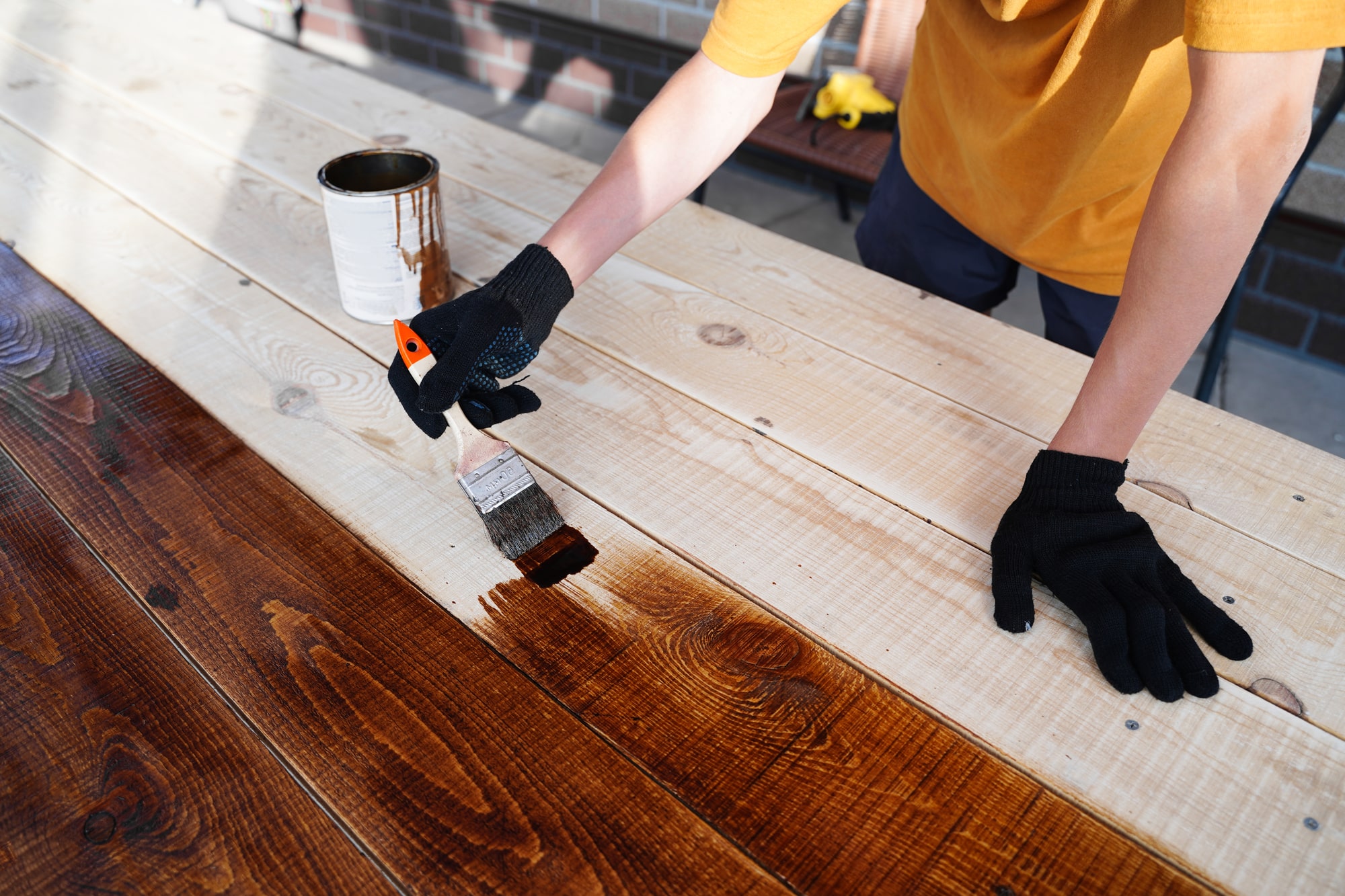
What is Tung Oil?
 Tung oil is a natural, plant-based oil extracted from the seeds of the Tung tree. It has been used for centuries as a protective coating for wood surfaces due to its durability and water-resistant properties.
Tung oil is a natural, plant-based oil extracted from the seeds of the Tung tree. It has been used for centuries as a protective coating for wood surfaces due to its durability and water-resistant properties.
The Advantages of Using Tung Oil for Your Kitchen Table Top
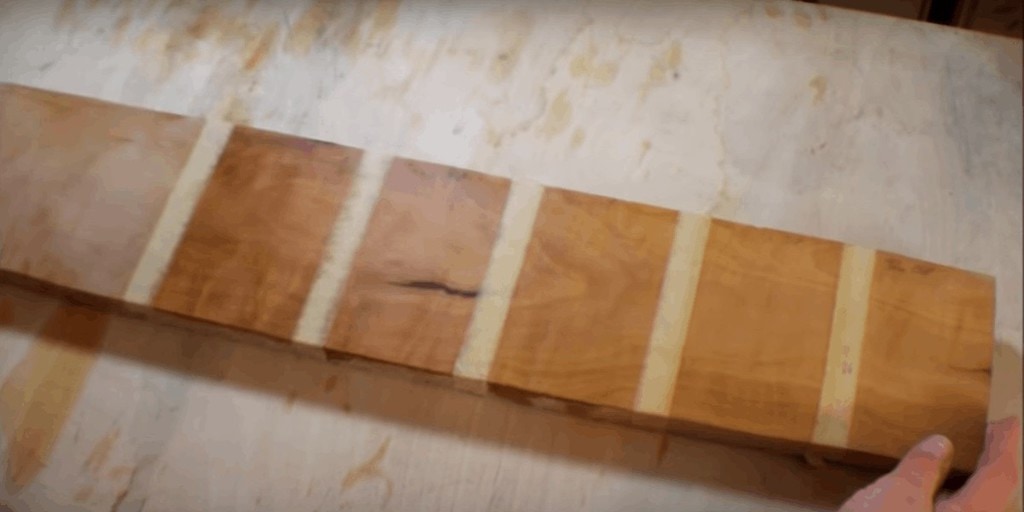 When it comes to choosing the right finish for your kitchen table top, there are a variety of options available. However,
Tung oil
stands out as a popular choice for its numerous benefits. Here are some of the advantages of using Tung oil for your kitchen table top:
When it comes to choosing the right finish for your kitchen table top, there are a variety of options available. However,
Tung oil
stands out as a popular choice for its numerous benefits. Here are some of the advantages of using Tung oil for your kitchen table top:
1. Natural and Non-Toxic
One of the main reasons why Tung oil is a preferred choice for kitchen table tops is because it is a natural and non-toxic option. Unlike synthetic finishes that contain harmful chemicals, Tung oil is extracted from natural sources and is safe for use in food preparation areas.2. Water-Resistant
As a plant-based oil, Tung oil naturally repels water. This makes it an ideal choice for kitchen table tops, as it can withstand spills and moisture without getting damaged. In fact, Tung oil is commonly used to protect outdoor furniture from rain and humidity.3. Durable and Long-Lasting
Tung oil is known for its durability and longevity, making it a cost-effective option for your kitchen table top. It penetrates deep into the wood, providing a strong protective layer that can withstand daily wear and tear. Additionally, Tung oil can be easily reapplied to maintain its protective coating, ensuring your kitchen table top looks beautiful for years to come.4. Enhances the Natural Beauty of Wood
One of the most appealing aspects of using Tung oil is that it enhances the natural beauty of wood. Unlike synthetic finishes that can create a glossy or artificial look, Tung oil brings out the natural colors and grain patterns of the wood, giving your kitchen table top a warm and organic feel.In Conclusion
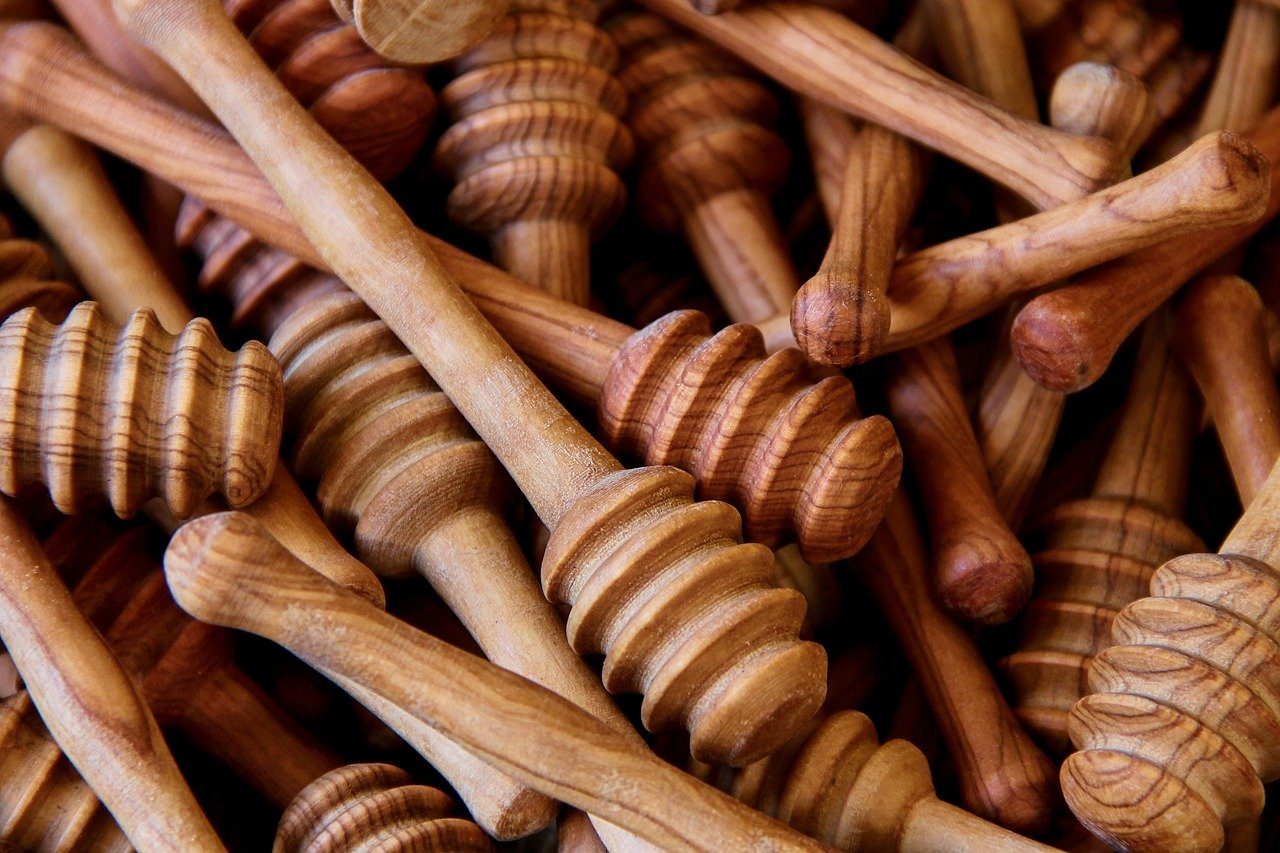 In summary,
Tung oil
is a fantastic option for your kitchen table top due to its natural, non-toxic properties, water-resistance, durability, and ability to enhance the natural beauty of wood. By choosing Tung oil, you can have a stunning and functional kitchen table top that will be the centerpiece of your home for years to come.
In summary,
Tung oil
is a fantastic option for your kitchen table top due to its natural, non-toxic properties, water-resistance, durability, and ability to enhance the natural beauty of wood. By choosing Tung oil, you can have a stunning and functional kitchen table top that will be the centerpiece of your home for years to come.

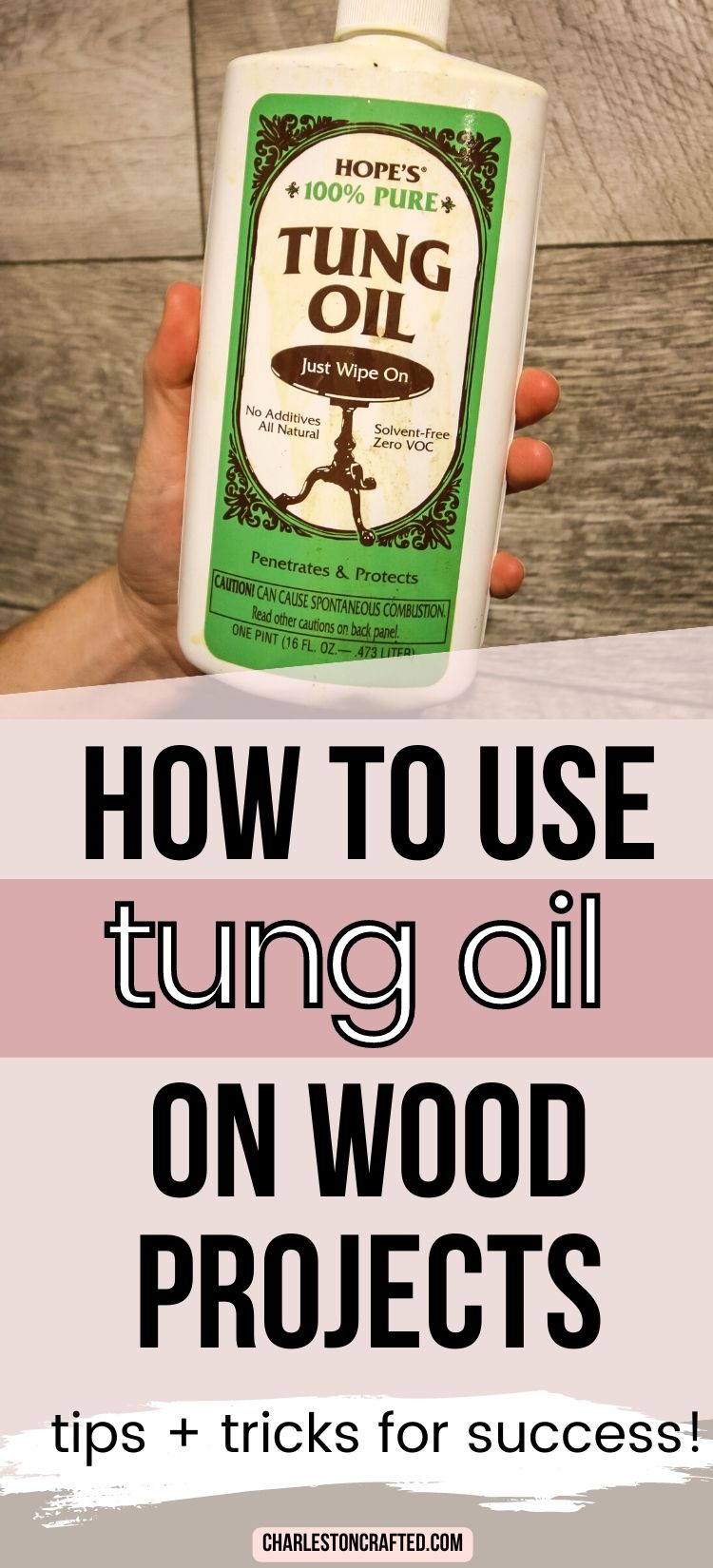


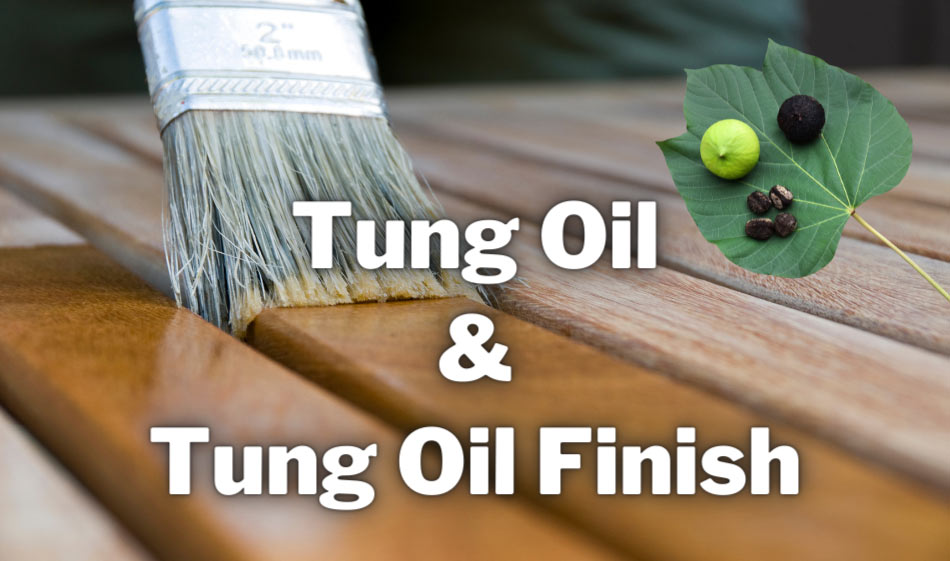







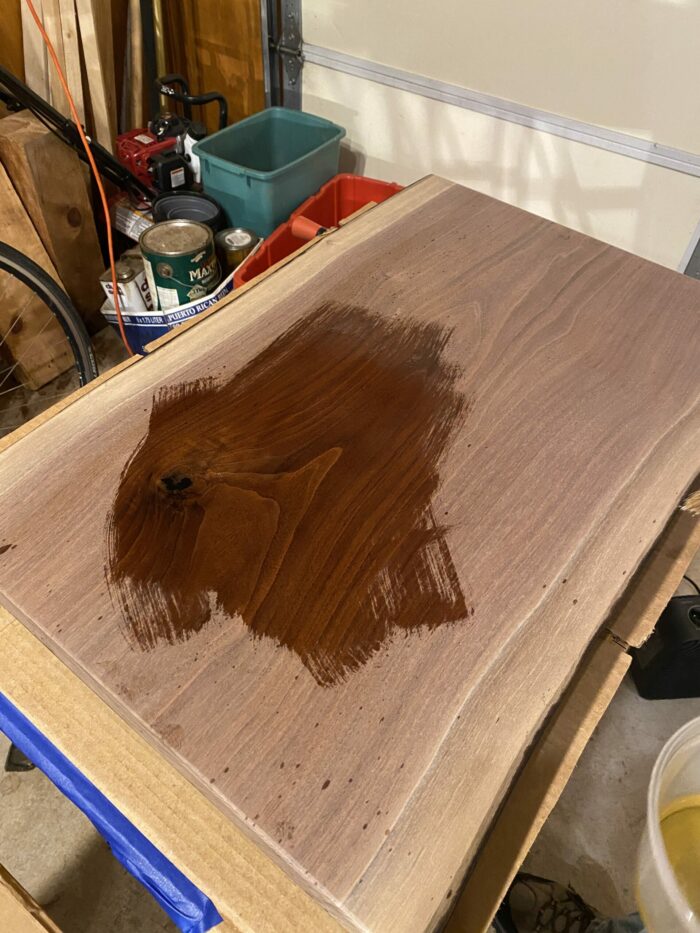


/cdn.vox-cdn.com/uploads/chorus_image/image/65890720/tung_oil.0.jpg)
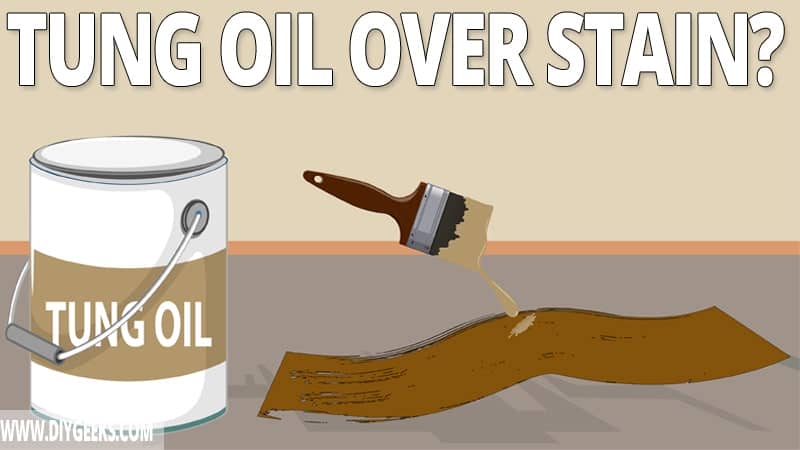







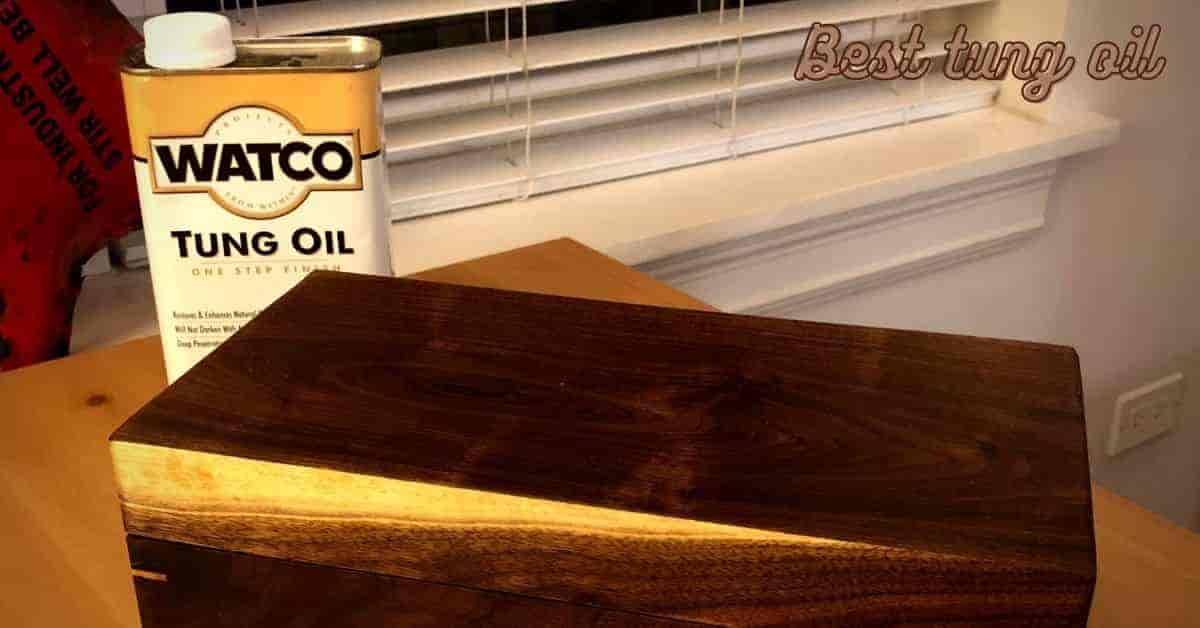



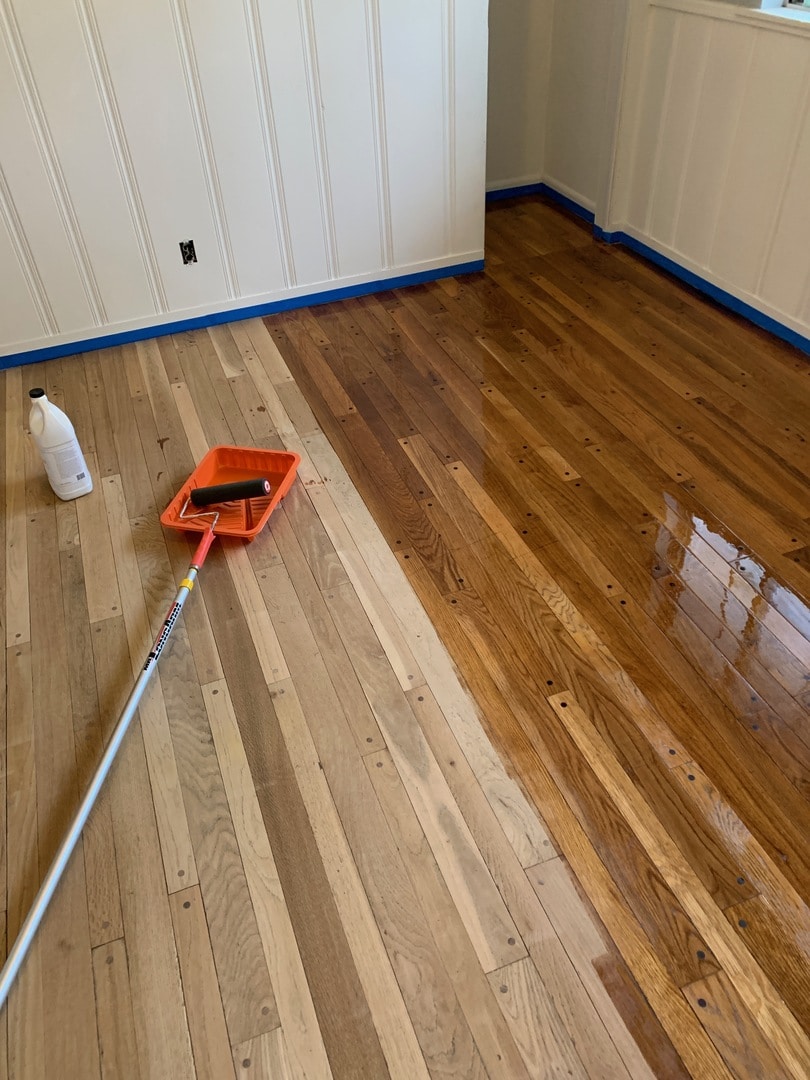

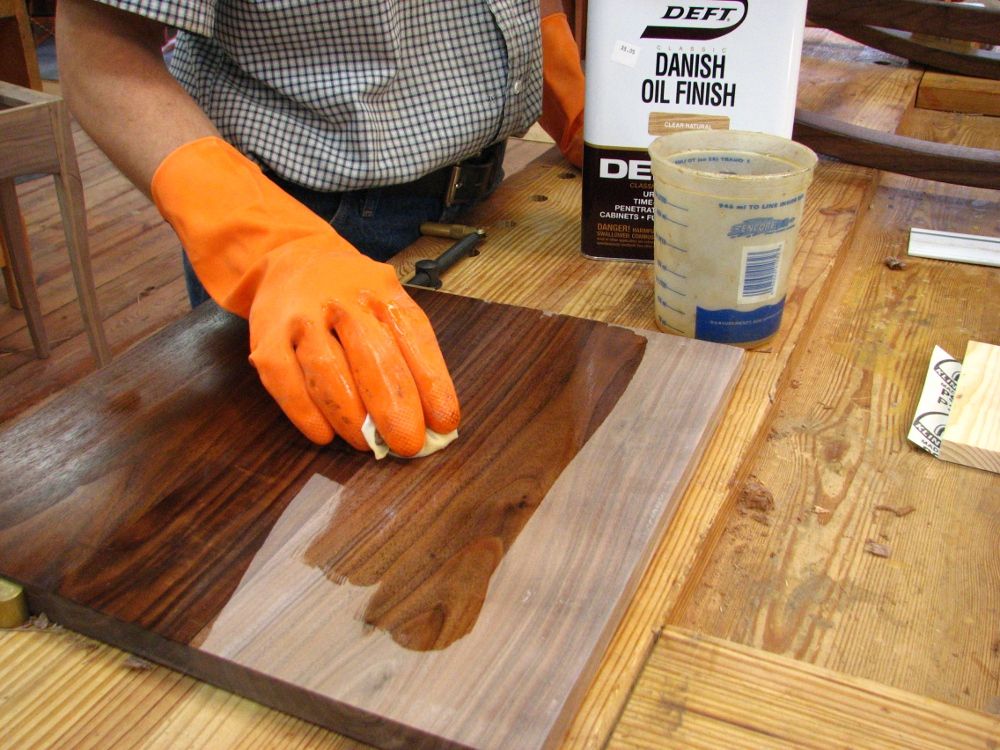

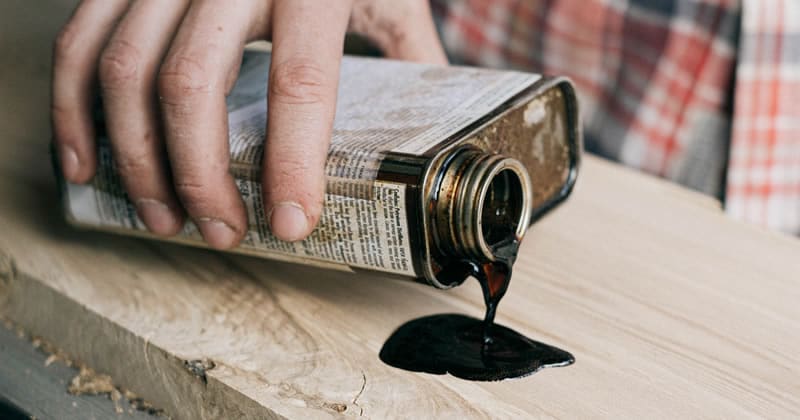

:max_bytes(150000):strip_icc()/GettyImages-98458433-34246b5e035d433c91169def5959b2de.jpg)
